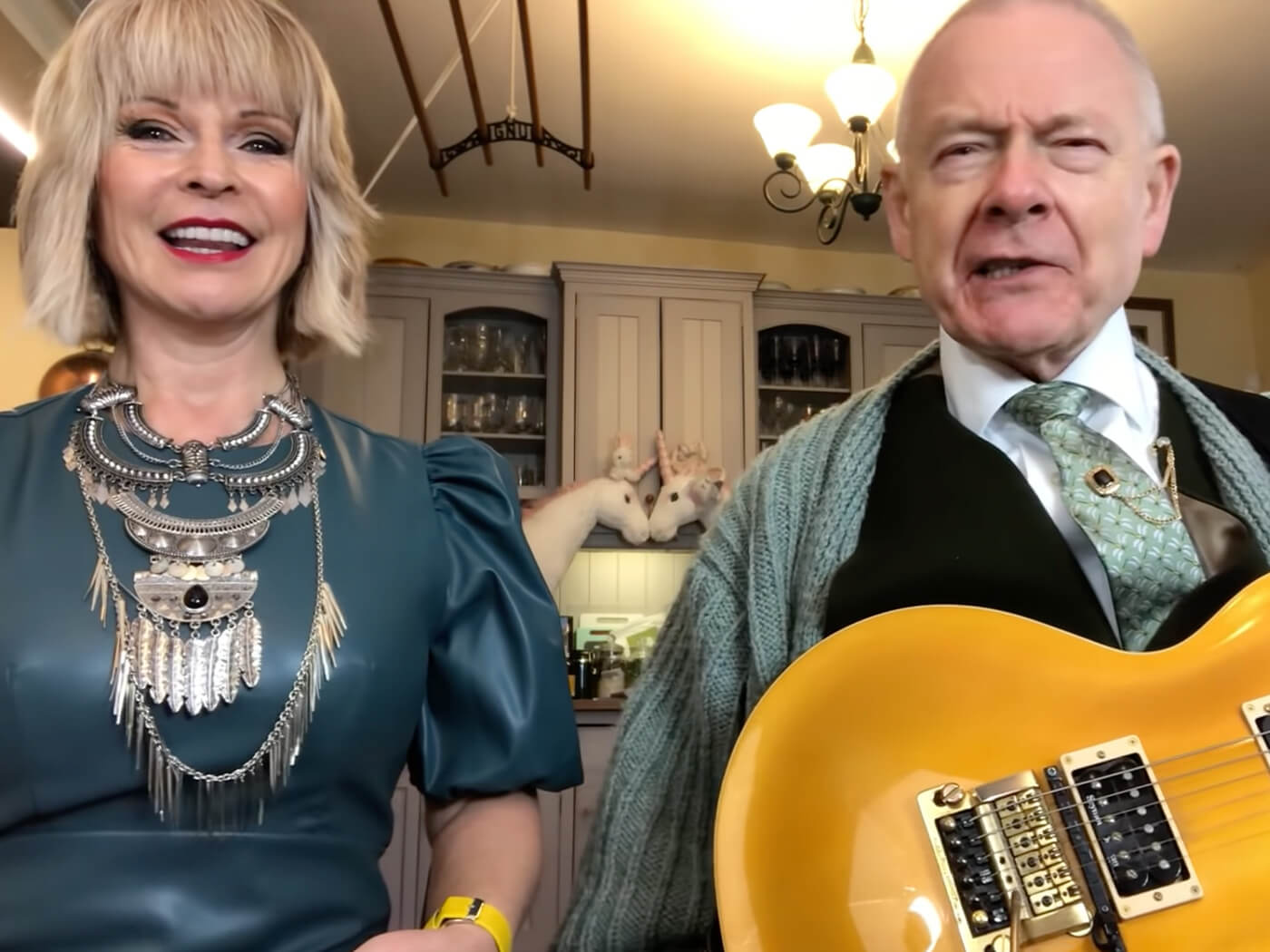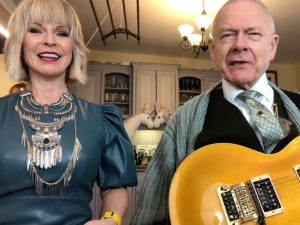We’ve posted about Robert Fripp fairly frequently. He has made a ton of amazing challenging music over the years. He’s also alligned himself with a fascinating line of esoteric thought stemming from the works of Gurdjieff. The fact that he APPLIES this rather than merely lecturing or writing about it makes him an ideal examplar in my mind. So here’s a bit of ruminating on his “Guitar Craft” shizzle.
The Art Of Craft
I
Practice is a process of uniting the world of qualities and the world of existences, of blending the world of silence and the world of sound. In this sense, practice is a way of transformation.
Practice is also what we do, how we do it, and why we do it. Actually, what we do is inseparable from how and why we do what we do. So, the transformation of sound is inseparable from a transformation of self, a refining of what we are. For example, we attract silence by being silent. The practice of a craft is the way, the practising the means. Practice is also wretched, boring, restricting, and constricting, a nuisance, and to be avoided. Practising means exercises, and exercises are a drag: music is real, so let’s play music. Why practise?
Generally, a practice begins with exercises; and true, exercises aren’t the real thing. An exercise is a simulated situation from real life which prepares us beforehand for the real thing. This gives us a better chance of responding to an opportunity in the moment, or a clearer insight into missing that opportunity. So, exercises deal with preparation and, at least in part, practice does as well.
A reasonable question is, what opportunity? Another reasonable question is, what is practice?
Practising is an ordered activity directed towards the service of an aim. We ask:
1. What are we practising?
2. Why are we practising this?
3. How are we practising?
4. What is our present condition from which we begin our practising?
Practise is a way of transforming the quality of our functioning. We move from making unnecessary efforts—the exertions of force—to making necessary efforts, the direction of effortlessness. In this the prime maxim is: honour necessity. We do what we must do, but no more. What we need to do is often less than what we want to do. Doing what we want to do takes up a lot of time and energy. So, we should be careful in defining our aim. When we give up playing our licks in order to practise, we exchange a whole range of lesser freedoms for a larger freedom. When we are younger, these lesser freedoms have a considerable hold upon us; but as we grow older, we find that these freedoms are not so much liberation as forms of restraint.
When we consider our functioning as a musician—what we do in order to be a musician—we find we are considering more than just the operation of our hands. The musician has three instruments of operation: the hands, the head, and the heart, and each has its own discipline. So, the musician has three disciplines: of the hands, the head, and the heart. Ultimately, these are one discipline: discipline.
Another reasonable question: what is discipline? Discipline, primarily, is our capacity to make a commitment in time. If we are able to make a commitment in time—to guarantee that we will honour this commitment regardless of convenience, comfort, situation, and inclination of the moment—we are on the way to becoming effectual: a trained, responsive, and reliable instrument at the service of music. An attentive audience in the presence of a musician of this caliber will be unable to hear whether the musician is playing the music, or the music is playing the musician.
http://guitarcrafthistory.com/the-guitar-circle-book/one-the-art-of-craft.


